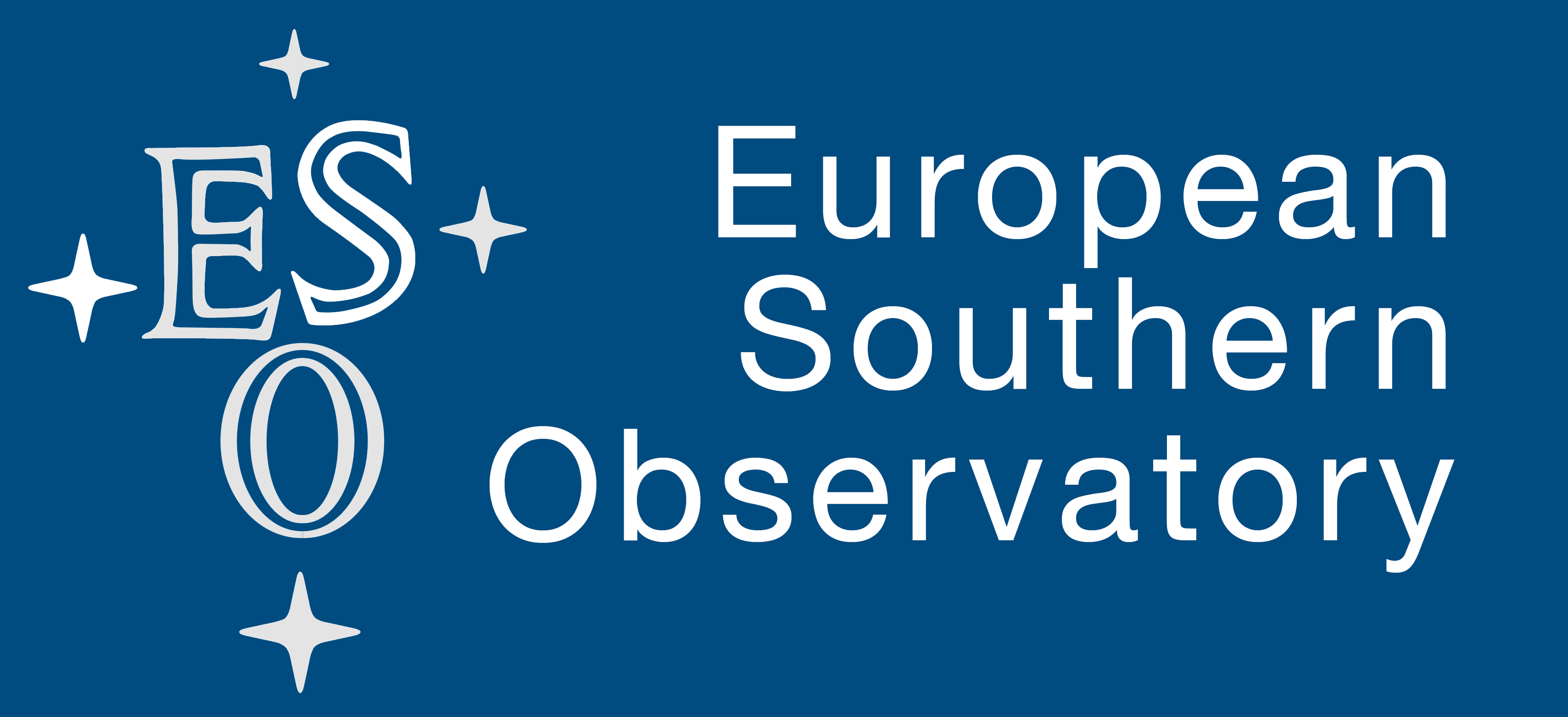

MY ADVENTURE WITH ENTROPY
Entropy: a measure of uncertainty or randomness; lack of order or predictability; gradual decline into disorder.

Amount of knowledge contained in publications listed above is enormous. Stil, it is a very small fraction of what humanity already knows. Interesting comments on the subject of our cognitive abilities as contemplated in Lem’s Summa Technologiae, by
David Auerbach
Los Angeles Review of Books
> Devourer of Encyclopedias:
Stanislaw Lem's "Summa Technologiae"
May 13, 2013
At last we have it in English. Summa Technologiae, originally published in Polish in 1964, is the cornerstone of Stanislaw Lem’s oeuvre, his consummate work of speculative nonfiction. Trained in medicine and biology, Lem synthesizes the current science of the day in ways far ahead of most science fiction of the time.
The spur for Lem in Summa Technologiae is the cognitive limitations of humanity. That is, Lem announces early on that humanity is on the brink of becoming obsolete because it is reaching a scientific “information barrier” beyond which disorganized humans will not be able to process the amount of knowledge we are obtaining: “Science cannot transverse this barrier; it cannot absorb the avalanche of information that is moving in its direction.” That is, Lem sees that with the exponential growth of knowledge that has taken place since the Scientific Revolution, humanity is reaching a choke-point where the physical capacities of our brain, in conjunction with any and all possible societal configurations in which our brains can work together, will simply not be sufficient to (a) continue the work of scientific research, and (b) maintain a stable civilization. If we wish to exercise some sort of collective self-determination, we must accept that our current sentient forms aren’t up to the task.
Lem then asks what possibilities do exist for the future, and he starts from the framework of cybernetics. Lem was strongly influenced by cybernetics, a mid-century field of study that has since fragmented into control theory, complexity theory, artificial intelligence, and other areas. Norbert Wiener coined the term “cybernetics” to refer to “the study of control and communication in machines and living beings.” In other words, cybernetics examines structure and stability in groups of organisms: how they evolve in order to establish homeostasis, and what communication methods the organisms use to maintain homeostasis.

























| AKTIPIS | 10 | Athena Aktipis THE CHEATING CELL, 2020 Princeton University Press, Princeton |
| AUERBACH | 20 ➤ | David Auerbach DEVOURER OF ENCYCLOPEDIAS: STANISŁAW LEM’s “SUMMA TECHNOLOGIAE” May 2013 Los Angeles Review of Books |
| DAWKINS | 30 | Richard Dawkins THE SELFISH GENE, 2006 Oxford, New York: Oxford University Press |
| 40 | Richard Dawkins THE BLIND WATCHMAKER, 1996 New York, London: W. W. Norton & Company Ltd. | |
| DOUDNA | 50 | Jennifer A. Doudna, Samuel H. Sternberg A CRACK IN CREATION, 2018 Mariner Books, Boston New York |
| GLEICK | 55 | James Gleick CHAOS - Making a New Science, 2008 PENGUIN BOOKS, London |
| GREENE | 60 | Brian Greene THE FABRIC OF THE COSMOS, 2003 Random House, Inc., New York |
| 70 | Brian Greene UNTIL THE END OF TIME, 2020 Alfred A. Knopf, New York | |
| HARARI | 80 | Yuval Noah Harari SAPIENS, 2015 New York: HarperCollins Publishers |
| 90 | Yuval Noah Harari HOMO DEUS, 2017 New York: HarperCollins Publishers. | |
| 100 | Yuval Noah Harari 21 LESSONS FOR THE 21st CENTURY, 2018 New York: Spiegel & Grau | |
| HARE | 110 | Brian Hare & Vanessa Woods SURVIVAL OF THE FRIENDLIEST, 2020 Random House, Inc., New York |
| HOUSTON-EDWARDS | 120 | Kelsey Houston-Edwards NUMBERS GAME, Scientific American, September 2019 |
| ISAACSON | 125 | Walter Isaacsons CODE BRAKER, Simon & Schuster, March 2021 |
| KOLBERT | 130 | Elizabeth Kolbert THE SIXTH EXTINCTION, 2014 Henry Holt and Company, New York |
| LEM | 140 | Stanisław Lem SUMMA TECHNOLOGIAE, 1964 Krakow: Wydawnictwo Literackie |
| 150 | Stanisław Lem SUMMA TECHNOLOGIAE, 2013 Minneapolis, London: Univerity of Minnesota Press | |
| MOSKOWITZ | 157 ➤ | Clara Moskowitz COSMIC CONUNDRUM, Scientific American, February 2021 |
| MUKHERJEE | 160 | Siddhartha Mukherjee THE EMPEROR OF ALL MALADIES, 2010 New York: Scribner, A Division of Simon & Schuster, Inc. |
| 170 | Siddhartha Mukherjee THE GENE, 2016 New York: Scribner, A Division of Simon & Schuster, Inc. | |
| 180 ➤ | Siddhartha Mukherjee THE FUTURE OF HUMANS?, NYT, March 13, 2017 | |
| 190 | George Musser> VIRTUAL REALITY, Scientific American, September 2019 | |
| NURSEEDU | 195 | NurseEdu.com BIOLOGY MADE EASY, Columbia, SC, September 2021 |
| ORLOFF | 200 ➤ | Gregg Orloff THE BIOLOGY OF CANCER, Video from MHWC-EXPO 2009, EMORY-St. Joseph's Hospital, June 20, 2009 |
| RIDLEY | 210 | Matt Ridley GENOME, 2000 New York: Harper Collins Publishers |
| ROVELLI | 215 | Carlo Rovelli HELGOLAND - Making Sense of the Quantum Revolution, 2021 Riverhead Books, New York |
| STROGATZ | 220 | Steven H. Strogatz NONLINEAR DYNAMICS AND CHAOS, 1994 Cambridge, MA, Perseus Books Publishing, LLC |
| THOMAS | 220 | James W. Thomas/Ann M. Thomas, FINITE MATHEMATICS, 1973 Allen and Bacon, Inc., Boston |
| UNIVERSITÉ DE GENÈVE | 230 ➤ | Université de Genève COULD MATHEMATICS HELP TO BETTER TREAT CANCER?, Oct 29, 2019 |



✤ Origin
✤ Why Entropy?
✤ Entropy Arguments
✤ Survival of the Friendliest
✤ Recent Therapies
✤ Intergalactic Polemic

BIBLIOGRAPHY
Hover an image
to enlarge ⬇︎
